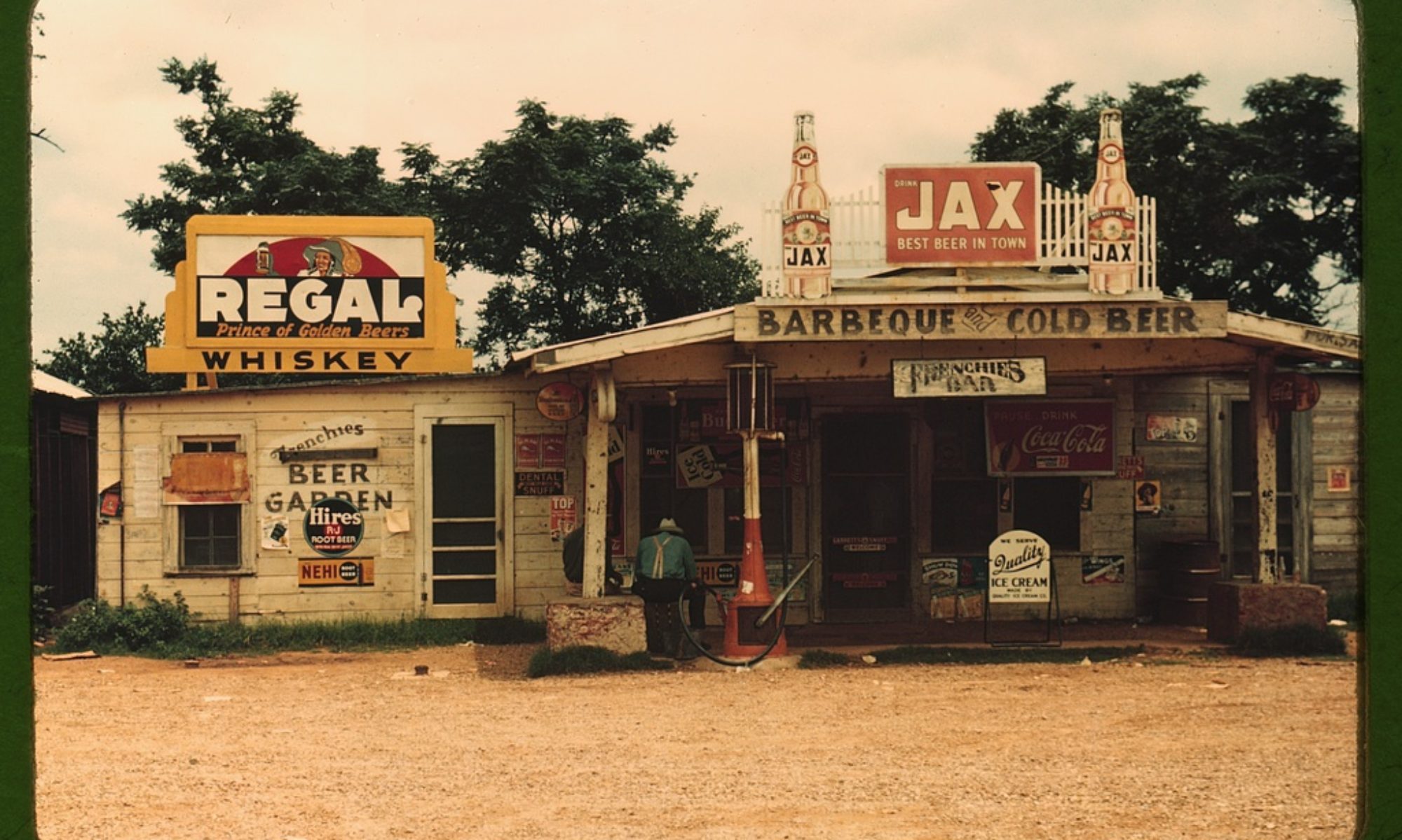Call for Submissions
A Symposium sponsored by the Netherlands American Studies Association
December 14, 2018
University of Amsterdam
This symposium will take stock of American Studies in the Netherlands and ponder its future. Our goal is to work toward structures, pedagogies, and priorities that create a stronger academic environment for Americanists. To that end, we aim to gather knowledge and draw upon students’ and colleagues’ wisdom, within and beyond the formations labeled “American Studies.”
What is American Studies, where is American Studies, and what should it be? These questions have many answers. American Studies in the Netherlands is not a discipline, and our metaphor for it should not be a silo. American Studies runs like a current, strong or weak, through various fields. We might think of it as a language spoken in various academic lands, or as a game of whack-a-mole no single person can win, or as a four-dimensional object that passes through our three-dimensional reality: no single scholar can see its shape.
What follows are some prompts about the Americanist predicament that contributors might consider in their proposals.
I. What is/was American Studies? (And where?) (And why?)
American Studies pedagogy. What are our canons? What primary documents are most essential to our courses? What works of scholarship, classic and contemporary, inform our narratives of America? What do we consider essential knowledge for students?
Americanists by other names. What forms does American Studies take beyond “American Studies” programs? We are curious what forms of American Studies are to be seen in these curricula, among others: modern and early-modern history, the history of international relations, hemispheric studies, transnational history, comparative literature, modernism, media studies, European studies, political science, the history of science, and so on.
American Studies and University Colleges. What forms does American Studies take in Dutch University Colleges? University Colleges employ talented scholars and attract ambitious students, but their curricula do not always match the academic labels minted in earlier eras.
II. Challenges
After years of academic austerity in the humanities, “crisis” is part of the atmosphere, and crisis-fatigue might be inevitable. Meanwhile, American Studies’ peculiar trajectories, turns, and crises inflect the field’s answer to institutional crisis in different ways. We invite reflections on American Studies in light of these challenges, among others:
After the American Century. American Studies has different institutional histories in different university contexts. In some contexts, American Studies arrived as something like an intellectual Marshall Plan, or as a weapon in the cultural Cold War. The underlying question of recent years thus becomes: what future for American Studies after the American Century?
After Interdisciplinarity. We might think of American Studies as a form of higher education reform, with the appeal of broadened canons and the novel oomph of interdisciplinarity. To the extent that American Studies was a twentieth-century academic movement, that movement confronts the problem of its own success. What future for American Studies if we are all interdisciplinarians now?
After the “land of the future.” The geographies of American Studies vary: national, transnational, hemispheric, transatlantic, transpacific, imperial. American Studies is not really area studies, except when it is. The temporalities of American Studies vary, too. The field has often functioned, implicitly or explicitly, as the study of modernity itself, but the trope of “land of the future” no longer holds. What times, spaces, and teleologies inform Americanist research in the Netherlands?
III. American Studies in a Moment of Danger? Dissent? Distance? Disorder?
It is not surprising that in the U.S. context, what-should-American-Studies-be bleeds into the question of what-should-America-be. Nor is it surprising, now, that American Studies would gravitate toward righteous dissent. But the politics of American Studies might mean something different in Europe, with different burdens, stakes, and opportunities. Within the academy, identitarian claims might inflect the field differently on this side of the Atlantic, and American campus politics translate into European academic life in unpredictable ways. Beyond the academy, Americanists abroad might play different roles in public life than they do in the United States. Shifts in the post-1945 international order (or its collapse) change the ground of American Studies more pointedly than of other fields.
The Netherlands presents particular questions and opportunities. How do scholars and scholarly ideas move between Dutch and U.S. academic settings? To what extent is the American scene mirrored in the Netherlands? What forms do Dutchness and internationalism take among students and teachers?
Many questions apply both to the Netherlands and to the European context more broadly: What is the relationship between American Studies and cultural diplomacy, especially as geopolitics imperil the transatlantic relationship? How do contemporary politics affect transatlantic research collaborations? What are the advantages or disadvantages of immediacy, urgency, or ironic distance?
Submissions and Format
Please send proposals (maximum 500 words) to nasabestuur@gmail.com by October 26, 2018.
The symposium’s format will fit our various purposes, and thus be more flexible than a traditional conference: roundtables aimed at developing concrete plans and usable ideas, as well as more abstract, theoretical, or research-driven panels. Participation from scholars at all levels is welcome. PhD candidates are especially welcome. We welcome updates on the ongoing research in the Netherlands, as well as work in progress and works in embryo. We also aim to select submissions for publication.
Standard proposals and abstracts are welcome, but we also welcome ideas or provocations for roundtables, as well as less formal reflections on pedagogy and academic institutions. We aim above all to generate materials that are useful—theoretically, pedagogically, institutionally—for Americanists in the Netherlands. Our priority is collaboration, genuine exchange, and cross-pollination.
